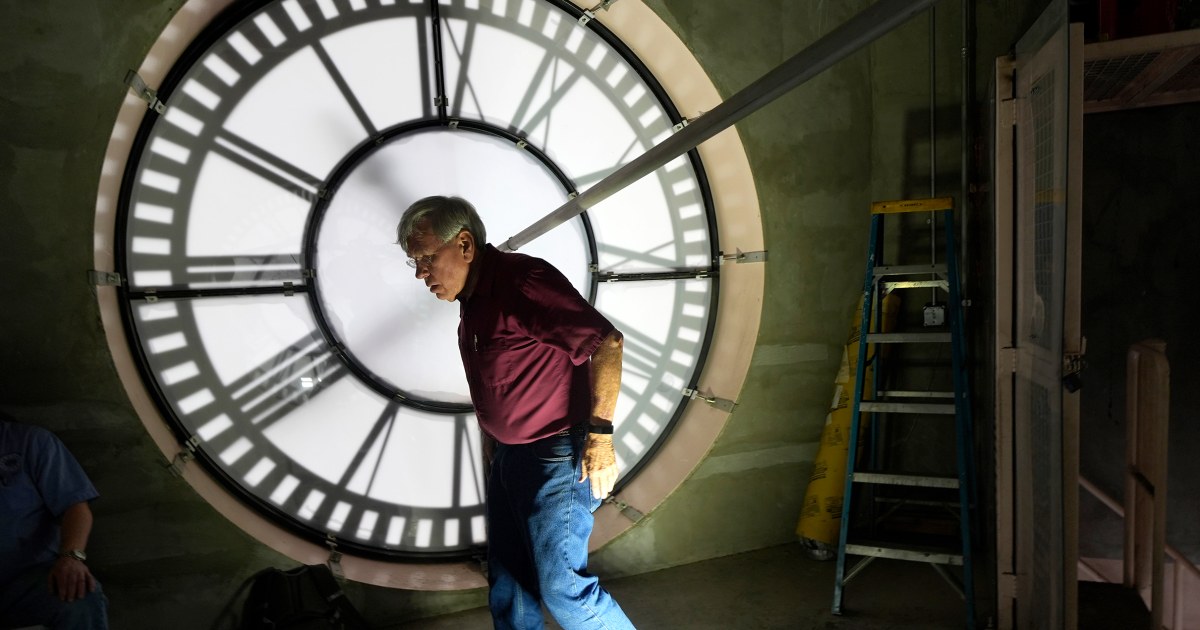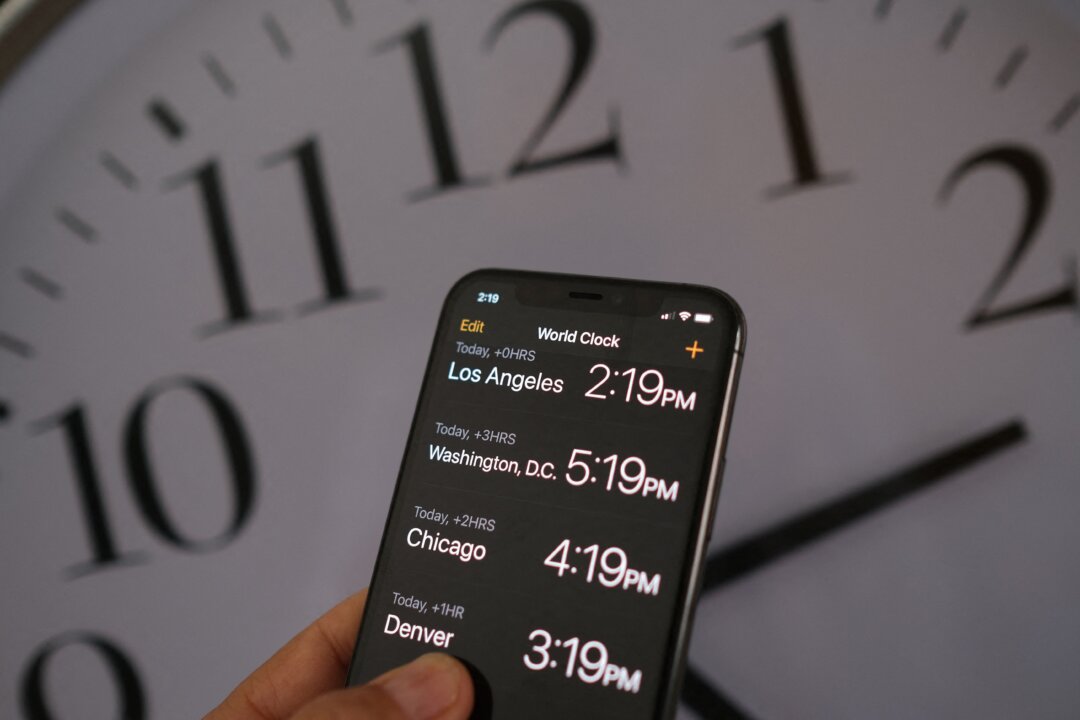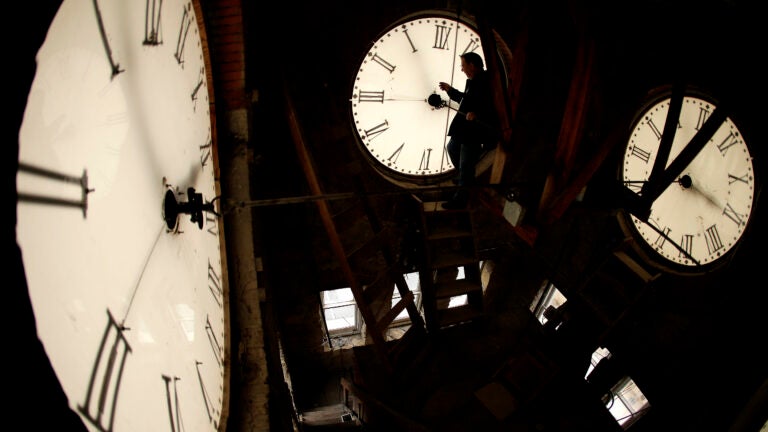Daylight Saving Time Returns: History, Debate, and Health Implications
Americans will set their clocks forward this weekend, losing an hour of sleep but gaining longer evenings as daylight saving time begins again.
Overview
Daylight saving time begins this weekend, marking a shift that has historical roots in energy conservation during wartime. While the U.S. standardizes the clock change, states like Hawaii and Arizona opt out. Experts discuss the health implications, finding that clock changes can lead to increased accidents and health risks like heart attacks. Current debates focus on the potential for permanent adoption of daylight saving time, a measure considered by lawmakers but yet unpassed, raising various health, business, and social implications around the twice-yearly clock adjustments.
Content generated by AI—learn more or report issue.

Get both sides in 5 minutes with our daily newsletter.
Analysis
- Daylight Saving Time (DST) was established in the U.S. to extend daylight hours during summer months and has roots dating back to World War I.
- The debate around DST involves balancing the benefits of longer evenings for activities with the practical implications of changing clocks, leading to health and safety concerns.
- Current legislative efforts aim to potentially abolish the clock changes, favoring a permanent DST or standard time, though public opinion and expert views are divided.
Articles (3)
Center (1)
FAQ
Daylight Saving Time was first implemented in the United States on March 31, 1918, as part of the Standard Time Act during World War I.
States that do not observe Daylight Saving Time include Arizona, Hawaii, and several U.S. territories like American Samoa, Guam, the Northern Mariana Islands, Puerto Rico, and the Virgin Islands.
The transition to Daylight Saving Time can lead to health issues such as sleep deprivation, increased risk of heart attacks, and other health risks due to disrupted circadian rhythms.
Yes, there is a debate about adopting permanent Daylight Saving Time. The U.S. Senate passed a bill to establish permanent DST, but it has not yet been passed by the House of Representatives. Many experts argue against this, suggesting that permanent standard time would be healthier.
History
- This story does not have any previous versions.


